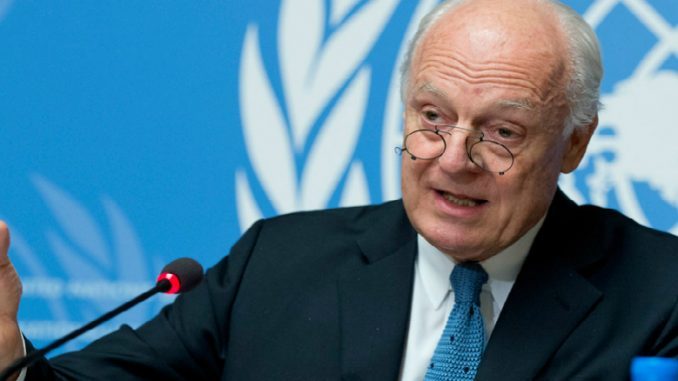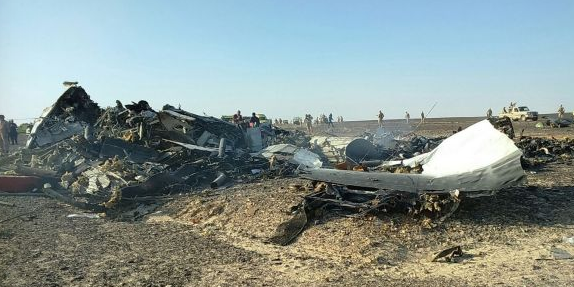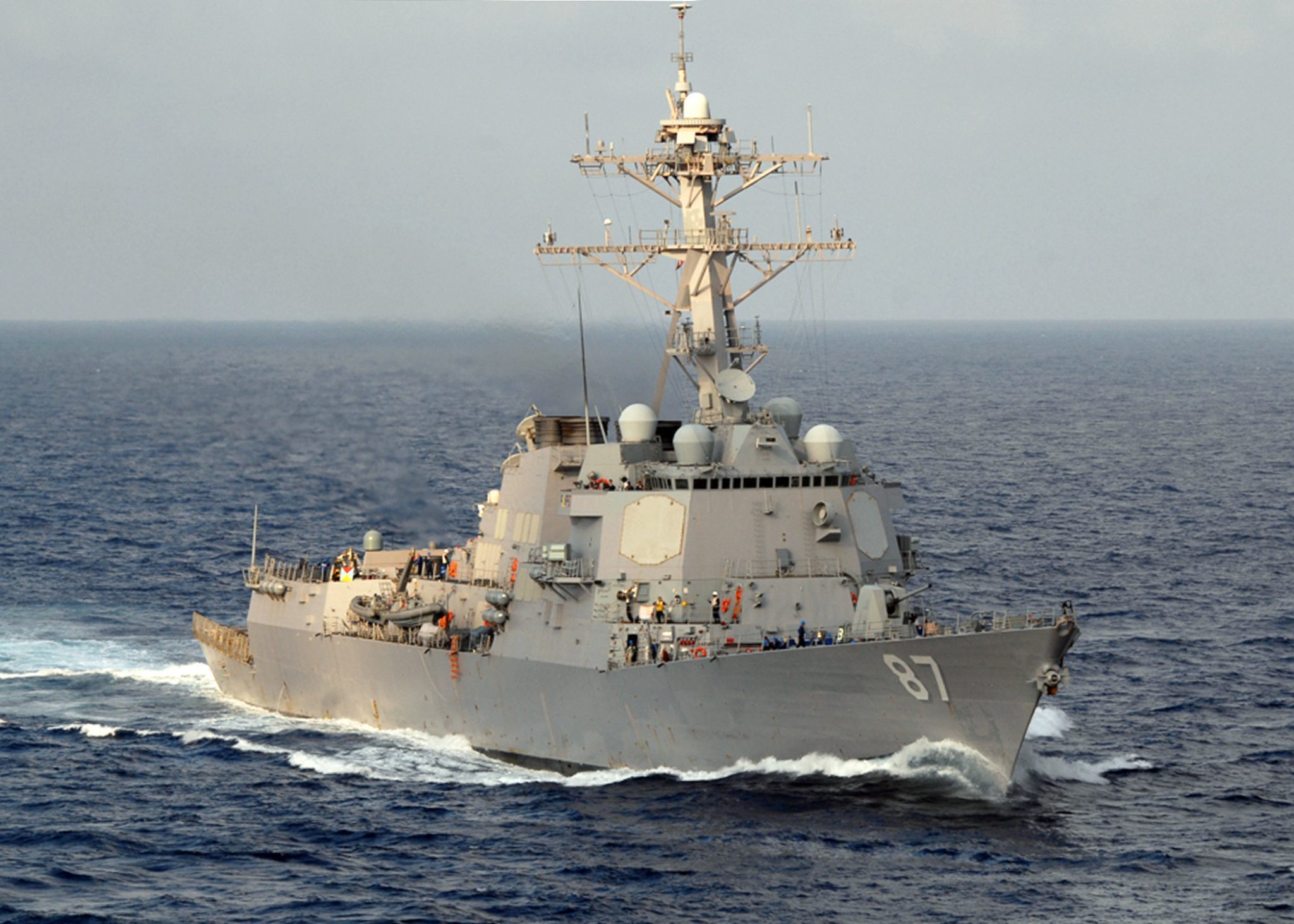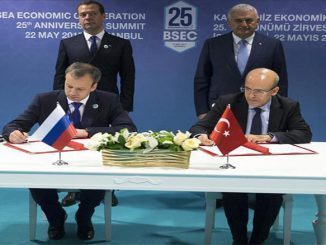
Syria’s main opposition body said on Wednesday it would be “unacceptable” for the United Nations to choose opposition delegates to the next round of peace talks in Geneva, as the UN insisted that all opposition groups should be presented by one delegation.
The Syria peace talks had been planned to begin in Geneva on Feb. 8 after the Russian-backed talks were made on January 23 in Astana, but Russia’s Foreign Minister Sergei Lavrov said last week that they had been postponed.
The UN envoy for Syria, Staffan de Mistura, said on Tuesday that he had decided to delay the UN-sponsored talks in order to take advantage of the results of Astana talks.
“We want to give a chance to this Astana initiative to actually implement itself,” de Mistura told reporters outside the Security Council. “If the ceasefire becomes as solid as we hope, that will only help the serious talk to achieve the concrete.”
He added invitations for the UN-sponsored talks in Geneva would go out on Feb. 8. If the Syrian opposition cannot agree on its delegates, de Mistura said the UN would choose the opposition’s representatives “in order to make sure that it can be as inclusive as possible.”
The UN wants all the groups that describe itself as opposition t be represented in one delegation, a goal that seems hard to reach as huge differences pose itself between them.
HNC refusal
“Mr. de Mistura’s talk of his intentions to form the opposition delegation himself is unacceptable,” the Saudi-backed High Negotiations Committee, the main opposition umbrella group, said on Twitter, citing its spokesman Salim al-Muslit.
“Would de Mistura be able to intervene in forming the regime’s delegation?” asked the HNC, which includes political and armed groups and represented the opposition in peace talks last year.
HNC chief coordinator Riad Hijab said on Twitter: “Selecting the Syrian opposition delegation is not de Mistura’s business.”
The armed opposition separately stated that no outsiders could choose Syrian representatives to talks and that it would not accept invitations to negotiations which did not lead to “transition of power to a transitional governing body.”
The armed opposition echoed the sentiment, saying that it was “no one’s right … to appoint people to negotiate in the name of the Syrians”, and demanded an apology from de Mistura.
It said there could be no steps towards a political solution to the civil war without full enforcement of a ceasefire.
A joint delegation can’t be reached
Other than the HNC, there are many other groups that are considered by the UN to be among the opposition including the Kurdish political wing of the YPG forces, the Cairo platform, and the Damascus platform which is backed by Russia.
These groups have doesn’t share the HNC’s view of Syria’s future and have been accused of hindering the political process. Damascus group, for example, is said to unify the opposition figures inside the country. Most of them refused the revolution when it started and formed their delegation after the UN started its political efforts to end the war. The group is supported by Russia, accepts the idea of Assad being in power and back the Russian air campaign against Syrian civilian saying its aim is fighting terrorists.
Last week, members of various factions of those platforms met with Russian Foreign Minister Sergei Lavrov in Moscow and discussed among other issues the possibility to form a single delegation for Geneva. The HNC General Coordinator Riyad Hijab did not attend the meeting in Moscow.
Damascus platform’s spokesman Tarek Ahmad said that forming one group for the upcoming talks is impossible.
“I don’t think that Syrian opposition groups are capable of presenting a list of single delegation of opposition before the talks in Geneva as we lack unity among us,” Ahmad said, pointing out that only under the pressure of the three guarantor countries or the United States the opposition forces could work out a united list.
The Damascus Platform may propose its own delegation of Syrian opposition forces and civil society members from inside the country for the upcoming Geneva reconciliation talks, Ahmad said.
“We are going to have a meeting of the Damascus Platform soon and may discuss an idea of proposing a list of our own delegation of civil society members and opposition forces from inside the country to Staffan de Mistura’s office ahead of talks in Geneva,” Ahmad said.
The accusations for these groups of hindering the political process and having other agendas other than what Syrian civilians want may be true as Ahmad said: “a new round of settlement negotiations would be useless unless the civil society members were invited to participate.”
“If we want to discuss Syrian future, the new Syrian constitution or reforms, the proposed format — opposition versus the Syrian government — is unlikely to bear fruits. We need a third group which will include civil society, independent representatives as well as tribes. All these groups are included in the Damascus platform,” Ahmad pointed out.
Cairo opposition group said also that a joint delegation is unlikely to be achieved soon.
It will be wise if we go to Geneva in one delegation, but it is not a near target to achieve now. It needs lots of work, and it needs regional and international understanding in order to achieve it,” Jamal Suleiman, the group’s representative, said.
“If there are some countries that are in favor of this idea, and others are not, I don’t think it will be realistic. Unfortunately, many opposition fronts are allied to certain countries. So they don’t make independent decisions in cases like this,” he added.
The Syrian crisis began as a peaceful demonstration against the injustice in Syria. Assad regime used to fire power and violence against the civilians and led to armed resistance. 450.000 Syrians lost their lives in the past five years according to UN estimates, and more than 12 million have lost their homes.



